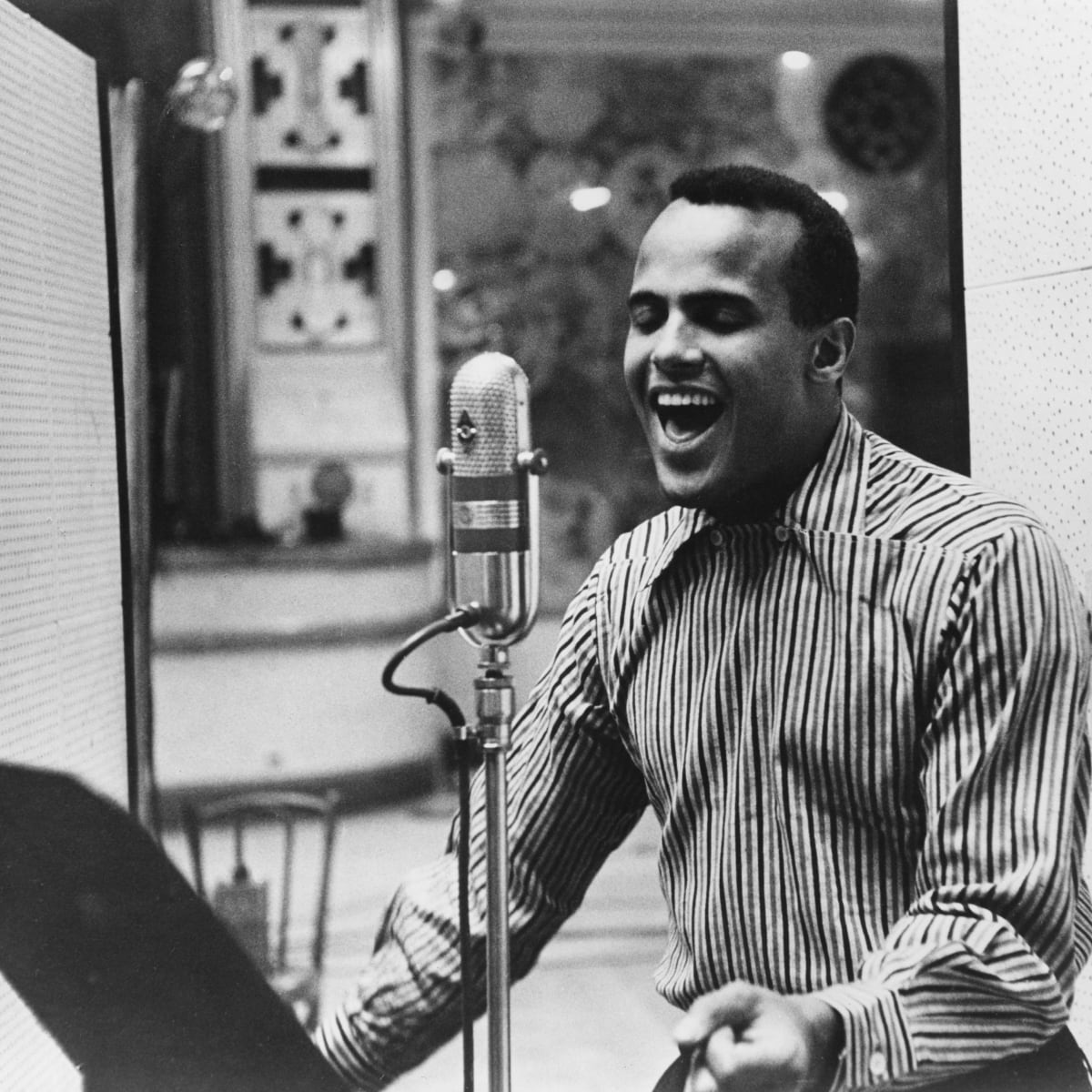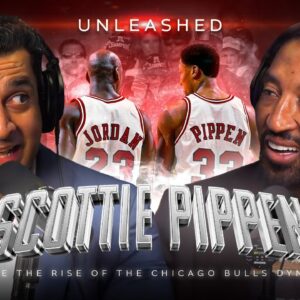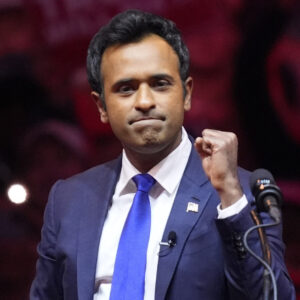Not a bad age to go. Legendary singer, actor and civil rights activist Harry Belafonte passed away at the ripe, old age of 96. He has certainly left behind a legacy to be treasured.
Belafonte was born in 1927 in Harlem, Manhattan, NYC to two West-Indian parents. He moved to Jamaica when he was a kid, and spent most of his teenage years there, bringing calypso music back with him when he returned to Harlem. And it was that love of calypso music that popularized an entire genre, and opened the doors for musical integration. Without the popularization of calypso, there would be no ska, reggae, or reggaeton. Influence wise, Belafonte was a titan.
He first hit the charts with “Jamaica Farewell”, and then the “Banana Boat Song (Day-O)”, which went all the way to number five on the Top 20 charts. It was the first top ten hit with West Indian influences. You may know Day-O (“here I come and I want to go home, lift eight foot seven foot…”), as it was prominently parodied with Osama Bin Laden as the subject.
Belafonte was also a trailblazer in the civil rights field, making it a focal point of his life years before it became in vogue to do so. He met with Martin Luther King in 1956 and they became close friends until King’s death.
Belafonte also became the first artist, not just black, but artist period, to sell a million album copies, when albums were in its infancy in the 1950’s.
He became a well known actor too, and even starred in a film in the 50’s that featured one of the first interracial couples in cinema history. It drew much controversy and was banned from being played in the south, but the film was a massive success, making 100% of its cash back. The topic of the film opened the doors for black actors to step into more serious roles, and for the general public, both black and white, to look upon interracial dating in a favorable light.
Belafonte could have continued his career in acting but felt that Hollywood pigeon holed him due to his race, and that he’d only star in films that would empower him as a black man. In the early 60’s, those films were hard to find.
So he turned much of his future work to activism, and didn’t stop at civil rights. He certainly was a hard left activist, he was an early nay-sayer against the George W. Bush administration and their claim that Iraq possessed weapons of mass destruction. Looks like he was right on that.
He endorsed John Edwards, not Barack Obama, for president back in 2008, because Edwards, interestingly enough, had much more of a liberal policy platform than Obama did. Say what you will about Belafonte’s politics, but you’ve gotta admire the guys consistency.
Belafonte’s role in American culture really can’t be understated. He was one of the early figures a black kid could look up to in the 50’s, and he was proof that even back then, the 50’s was the early decade of change. It was hard to see at the moment, but Belafonte’s emergence into mainstream television, music and film, allowed white audiences to see a black singer or actor with a shrug, instead of racism. Hats off to a true cultural legend.


















Add comment